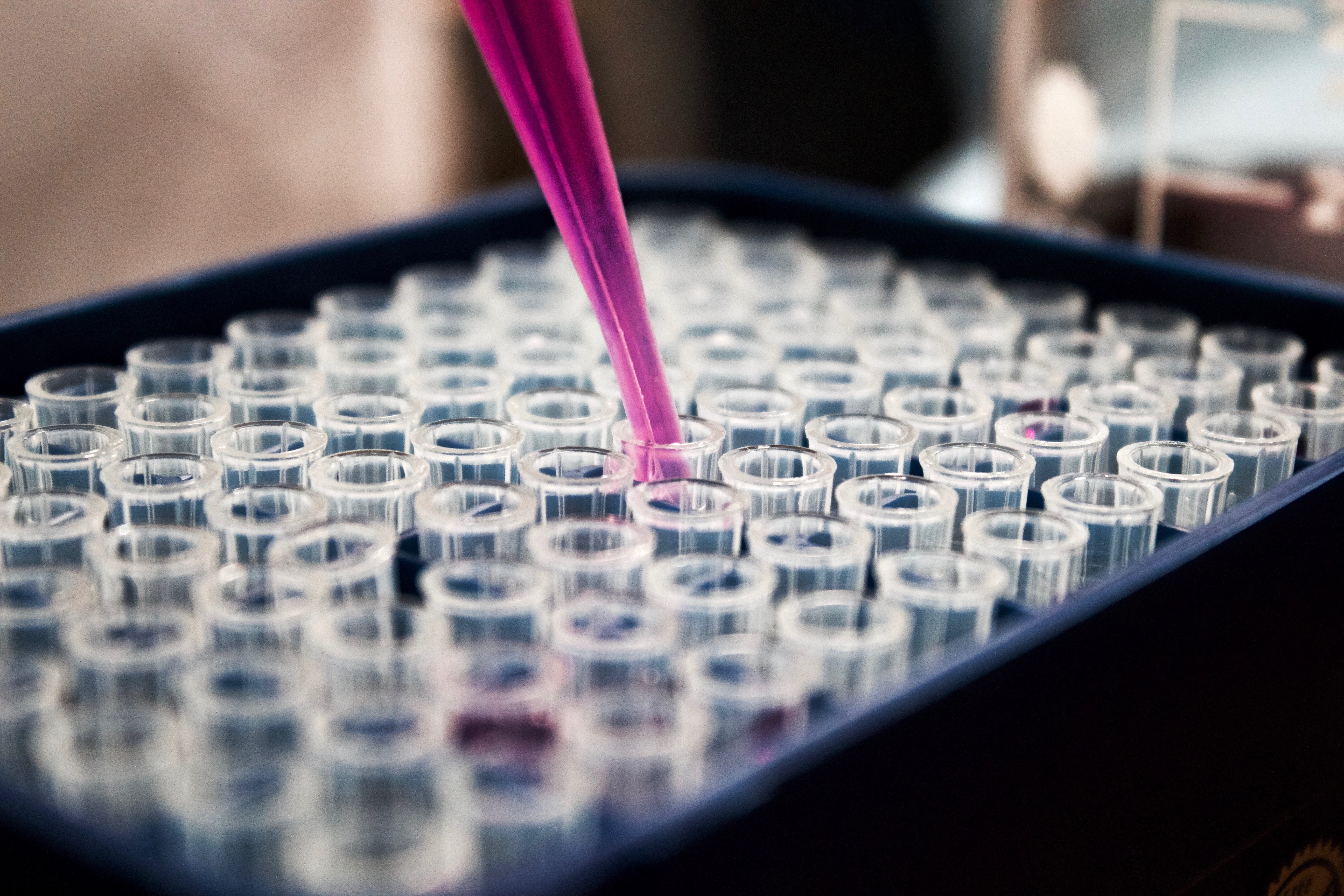Having the ability to understand our roots and where our ancestors came from is something that would have been nearly impossible 50 years ago. The technology was just not available. Now, within just a few weeks and a small amount of saliva, we can see hundreds of years of our family history and more.
But before visiting 23andMe, AncestryDNA, MyHeritage, or another DNA test provider, there’s a lot you should know before sending your sample to the lab.
Read the Terms and Conditions
Every DNA kit provider has terms and conditions, it’s just become second nature to zip straight to the bottom and click accept without thinking twice. But this is a huge problem when it comes to your DNA. Every kit gives the user the choice to submit their DNA to be used for scientific studies. Even if you do not allow, the lab that analyzes your data holds on to your sample for future analyzation.
“The genetic information is sold to researchers who use the data to develop drugs, treatments, and products. That’s where the money is,” said Bob Gellman, health confidentiality and former House of Representatives staffer.
Although the majority of providers let the user know their DNA will not be shared with outside companies unless stated otherwise, 23andMe data shows that more than 80% of users opt to share with third parties. Some of the third-party companies 23andMe shares data with are Genentech and Pfizer. The reason for the user opting to share their data is because their DNA is used for Parkinson’s disease research and Lupus, among others.
When Jennifer King, Director of Consumer Privacy at Stanford Law School’s Center for Internet and Society, was asked about 23andMe working closely with large pharmaceutical companies, she said “people haven’t spent time to really dig into what that could mean. People think “well, you know, I’m going to help make a drug that could benefit people who have that disease.” But then they realize the company isn’t obligated to give that drug away for free. They can charge as much as they want for it. It’s more of people thinking “yay, I can do something good,” when in reality the companies can charge as much as they want for it.”
DNA is Worth Big Money
Big pharmaceutical companies are investing in DNA Test companies to give them access to users’ DNA. GlaxoSmithKline invested $300 million dollars in 23andMe, affording them access to DNA samples to develop new drugs. When discussing proper security measures when sharing samples between 23andME and GlaxoSmithKline, Peter Pitts, president of the Center for Medicine in the Public Interest, had this to say, “the risk is magnified when one organization shares it with a second organization. When information moves from one place to another, there’s always a chance for it to be intercepted by unintended third parties.”
As previously mentioned, drug companies can use submitted DNA to develop new drugs that they can charge as much as they want for. While they do make the initial investment, $300 million dollars in this scenario, the person who submitted their DNA receives zero compensation for that.
In addition to pharmaceutical companies paying top-dollar for user DNA, hackers are also extremely interested in this data. Hackers target sensitive information that can be exploited for money and held until they receive proper compensation.
“This data could be sold on the down-low or monetized to insurance companies. You can imagine the consequences: One day, I might apply for a long-term loan and get rejected because deep in the corporate system, there is data that I am very likely to get Alzheimer’s and die before I would repay the loan,” said Giovanni Vigna, Co-Founder of Lastline.
While DNA testing companies do have extremely strict security measures in place, there is still a lot to be wary about. Knowing where we came from, who our ancestors are, and what types of characteristics our DNA hold is intriguing to many. But for others, the risk of having their DNA stolen or sold provides too many reservations.
If you are interested in selling your DNA while providing a benefit to drug companies, companies like EncrypGen and Zenome will allow you to do so. Depending on how many times a user’s data is accessed and how many users are in the system, it’s estimated that an individual could make $21 each time their DNA is accessed. This can be enticing for those looking to make a quick buck, but for others, $21 is nowhere near the risk of having their DNA stolen.
So, do you still want to take a home DNA test?


